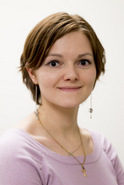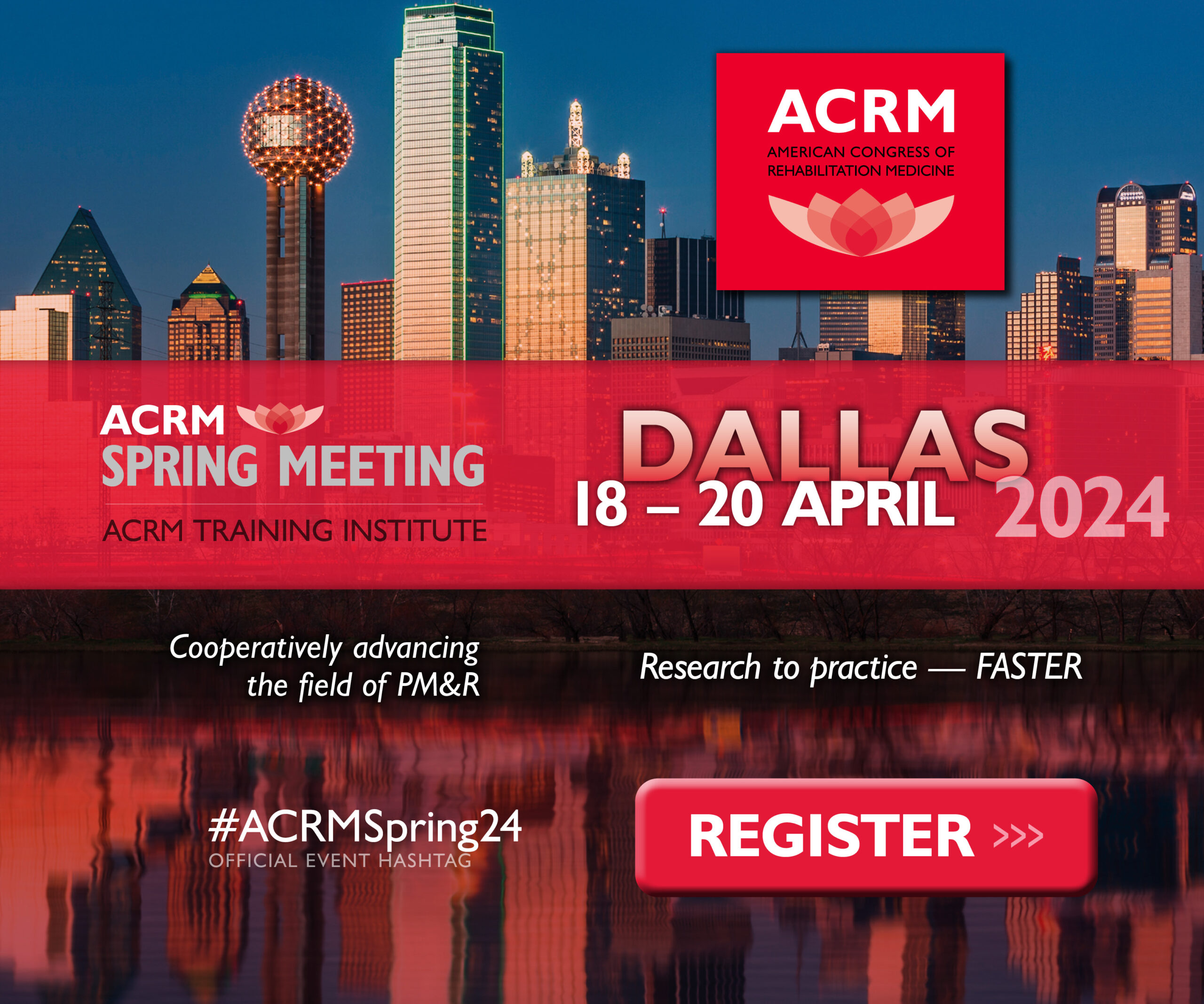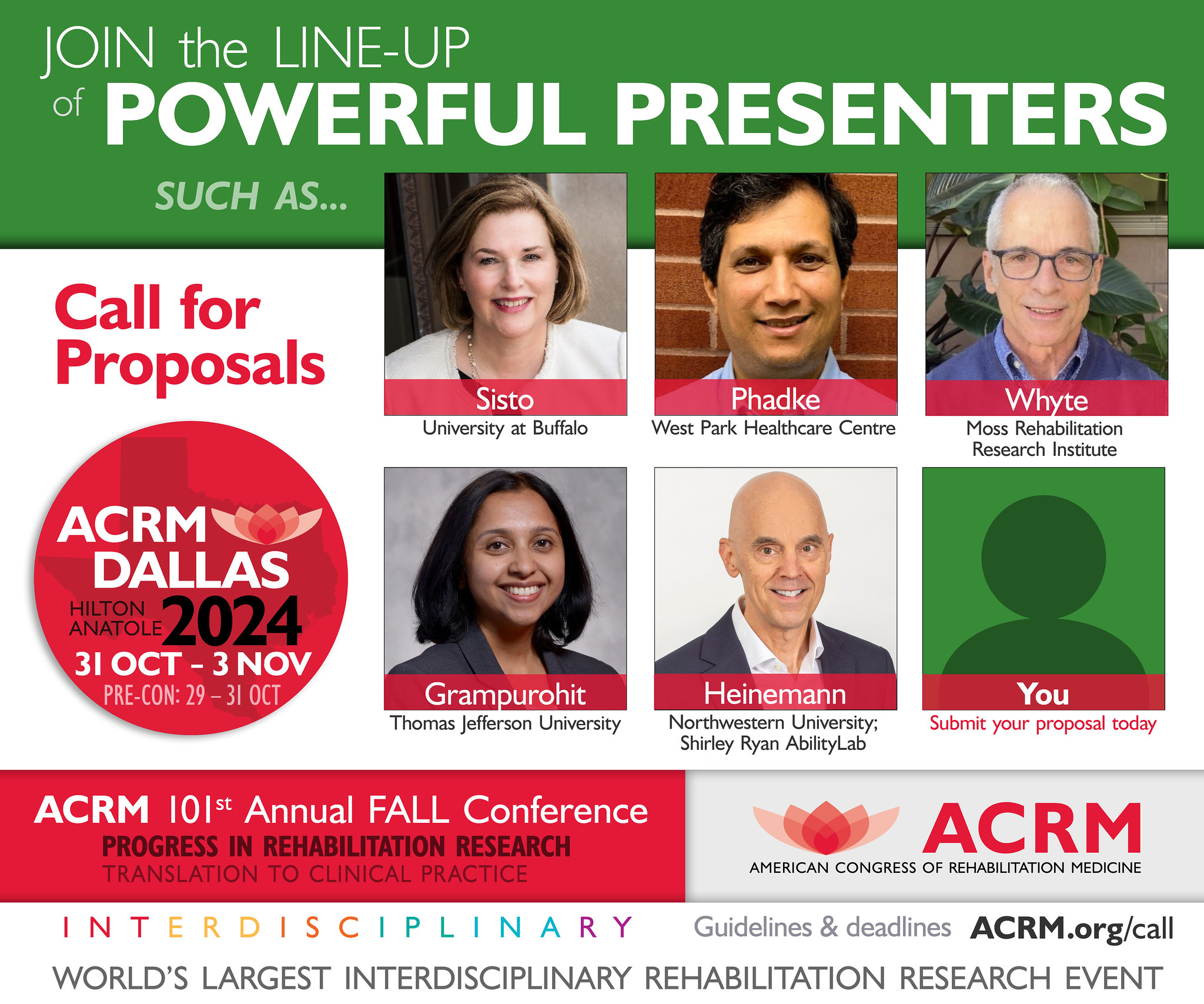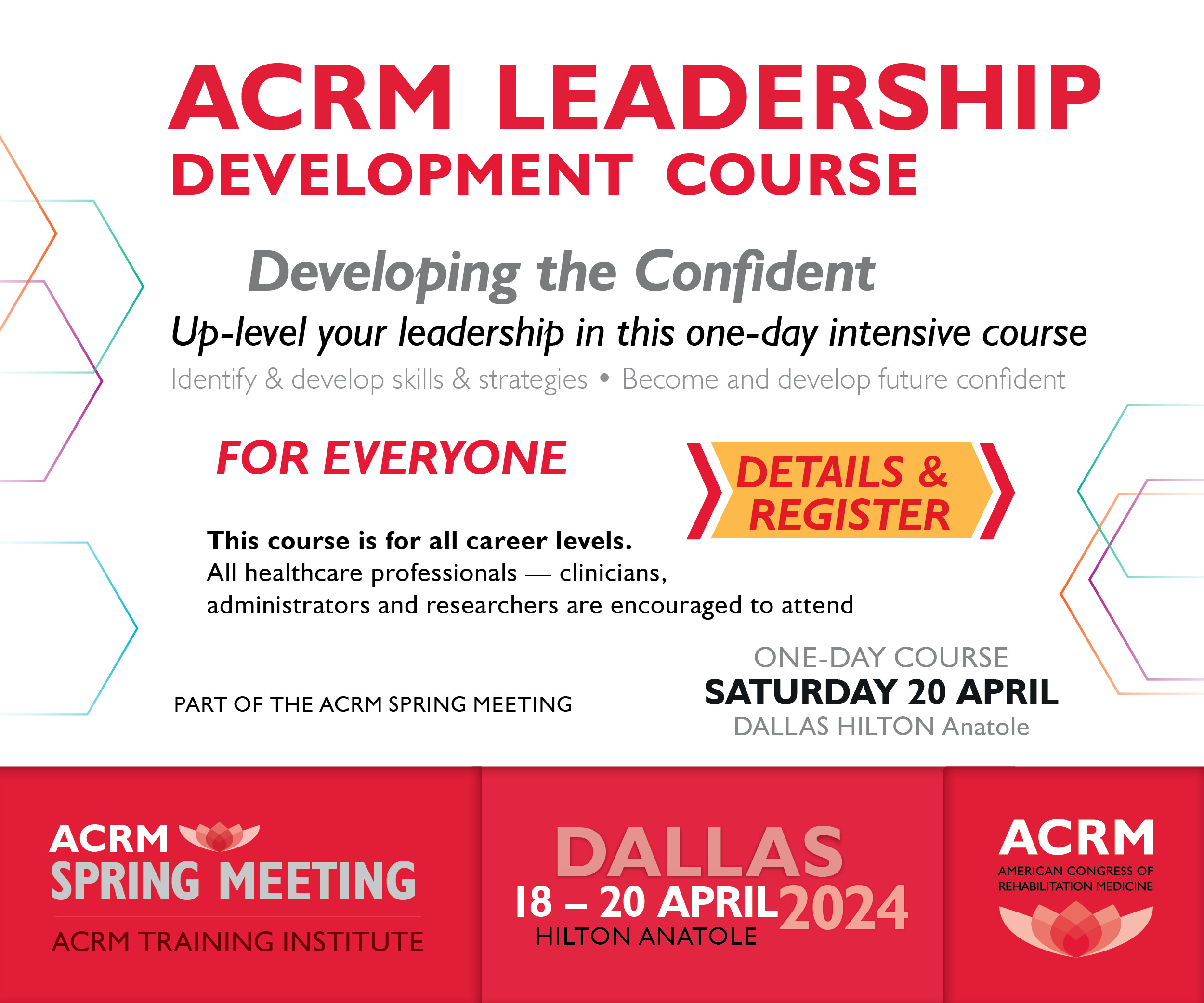Special thanks to Dr. Ekaterina Dobryakova for her original article in this quarter’s newsletter! Have you ever wanted to ask someone to collaborate with you on a project, but been too afraid because you thought the person was out of your league? Please read Katerina’s experience with this exact struggle and get advice on how to overcome those fears!
SCIENCE is a team sport and research is enriched by collaborations between researchers with different strengths and areas of expertise. You may be working on a particular project where you need to find someone to collaborate with who has more expertise than you do in a particular area relevant to the proposed study. As a young scientist seeking a collaboration with a more experienced researcher, you might wonder why someone who is already established and has grant funding from numerous funding agencies would be interested in working with you. What would be the benefit for that person? It might be hard to overcome the feeling that you are lacking in experience. You might think: “I am just a graduate student,” or “It’s my first year after the PhD” or “I am just a junior professor.”
In my own experience, I have been converted to a more positive thought process: “Why not try? What’s the worst that can happen?”
Well, the worst that can happen is that the established person will say ‘no’ to your proposal and forget about it. And that is okay as it will not ruin your young career. But there are more positive scenarios, such as that person just might be willing to collaborate with you— they may agree to all your conditions or will agree with modifications—but either way, you now have an opportunity to work with and learn from this person. This could be a real career boost and worth the risk!
Recently, I went through an exact train of thought described above. I was preparing a project where I really needed a consultant. I remembered that a friend of mine used to work as a research assistant years ago with the professor I wanted to ask to be a consultant on my project. Realizing that it is highly unlikely that ‘the big shot’ professor will agree to assist with my ‘measly’ project, I still dared to email, actually not even hoping for a response. To my surprise, I got a response within 10 minutes. And the response was positive!
What was my recipe for success? “Brevity is the soul of wit.” I included a one sentence description of the project, such as “I am developing a project that will look at depression in individuals with TBI. Given your breadth of work on the topic I was wondering whether you will be interested in being a collaborator on it.” The conversation went further from there. We discussed the duration of his engagement in the project and the role he will play in it more specifically.
The bottom line is that, when there is nothing to lose but everything to gain, you should silence the negative thoughts and try to widen your network, make your research better, more impactful and visible. And after all, you have nothing to lose and everything to gain.

Ekaterina Dobryakova, PhD, is a research scientist at the Kessler Foundation and an Early Career member of ACRM since 2014.










